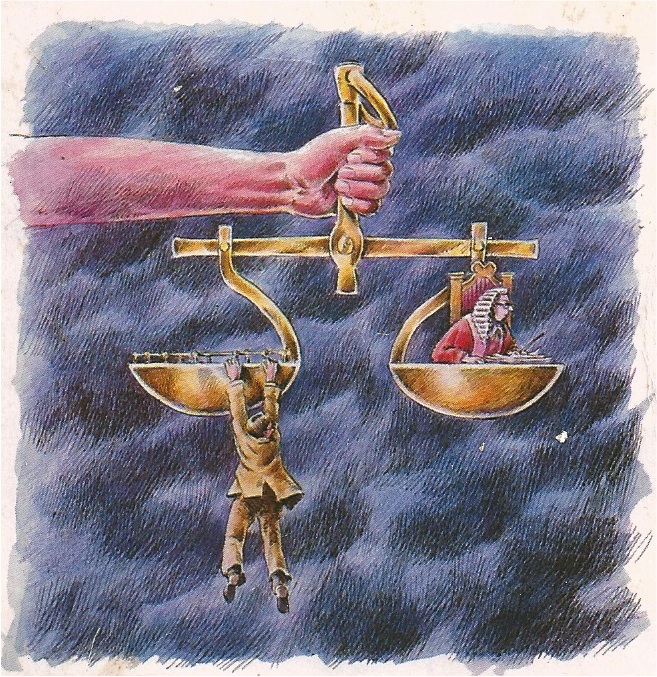Lawyers north of the border have criticized proposals by the Scottish Government to scrap the ‘not proven’ verdict on the basis that its abolition risks more miscarriages of justice.
The ‘third verdict’ of ‘not proven’ is unique to the Scottish courts. It allows juries to express misgivings about the accused’s innocence, while accepting that the prosecution has not made its case ‘beyond all reasonable doubt’.
The Scottish Government announced plans to abolish ‘Not Proven’ as part of its proposed criminal justice reforms. Critics of the verdict argue that it leads to lower conviction rates, particularly in sexual offences. According to Rape Crisis Scotland, the Not Proven verdict is used twice as much in sexual offence acquittals as in other crimes. Rape and attempted rape has a 43% conviction rate in Scotland, the lowest for any category of crime, compared with 68% in England and Wales.
However, the Law Society of Scotland has expressed grave reservations about the verdict’s abolition. Its president, Ken Dalling, said, ‘manipulating a justice system to increase conviction rates is a very dangerous path for any government to go down. It inevitably risks miscarriages of justice.’ The Scottish Law Society has also noted that ‘the availability of a third verdict acts to balance the fact that Scotland – almost uniquely – permits simple majority verdicts’.
Research commissioned by the Scottish Government found that ‘removing the not proven verdict might incline more jurors towards a guilty verdict in finely balanced trials – and might, therefore, lead to more guilty verdicts’. A survey of Scottish solicitors found that 83% who are in favour of retaining the verdict believe ‘not proven’ is a ‘necessary safeguard against wrongful convictions’.







